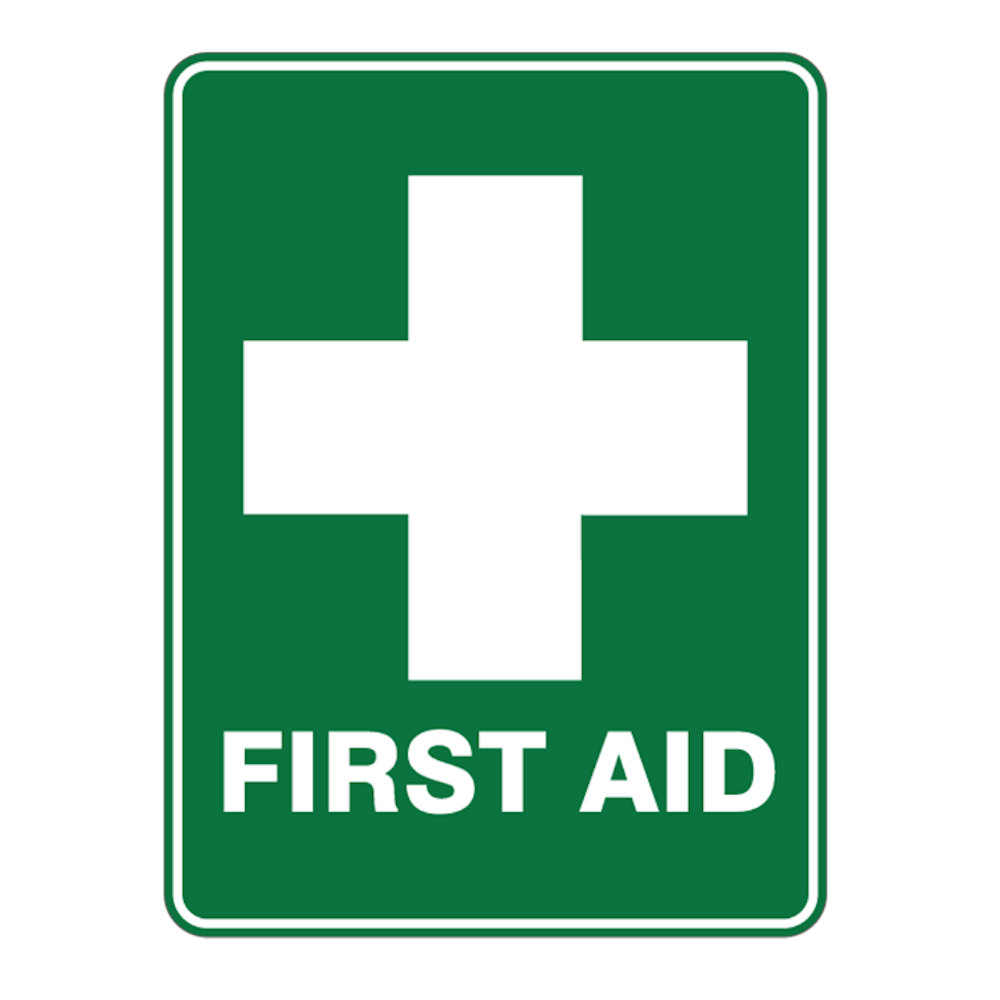Atrial fibrillation and stroke
What is Atrial Fibrillation (Afib)?
Atrial fibrillation (Afib) is the most common cardiac arrhythmia. It affects over one percent of the general population and is related to 20 % of all strokes. Afib-related strokes are more severe than those not related to Afib; associated with an increased likelihood of permanent disability and greater short-and long-term mortality. Costs of Afib-related strokes could be at least € 10 billion in Europe and $ 5 billion in the US each year causing a major burden to healthcare.
1. The importance of Afib screening for STROKE prevention
Afib is the number one cause of stroke1, it is often asymptomatic,
and around 30 % of Afib patients are diagnosed incidentally when
hospitalized for other reasons2, including stroke3.
Screening and early detection of Afib followed by appropriate treatment
can reduce the chance of stroke by 68 %.
2. Afib Patented Technology for the early detection of Atrial Fibrillation
New technology patented by Microlife allows simultaneous blood
pressure measurement and Afib screening. The Afib technology is
very accurate as is demonstrated in several clinical studies (see table
below). Microlife Afib technology detects Afib with a high sensitivity
(97 - 100 %) and specificity (89 %), as compared with ECG, and
therefore can be used as a reliable screening test for early diagnosis.
3. Guidelines recommended
Nice guidelines for «Diagnosis and assessment of hypertension» recommend using
Microlife WatchBP Home A for routine blood pressure measurement in primary care!
Based on clinical evidence and economic analysis the NICE committee concluded that using the
Microlife WatchBP Home A in general primary care may lead to an estimated:
Prevention of 2,000 strokes per year (81 per 100,000 patients screened aged 65 - 75
years and 182 per 100,000 patients aged 75 years and older).
Healthcare cost savings of € 31 million a year.
Due to the increased use of automated blood pressure monitors in clinical practice doctors rarely verify the presence of cardiac arrhythmias by
mean of pulse palpation or auscultation. For this reason the Italian primary care guidelines recommend using an automated blood pressure
monitor with a validated algorithm that can detect the presence of atrial fibrillation. Thus far the Afib detector of Microlife blood pressure
monitors is the only arrhythmia detector that demonstrated its accuracy in multiple clinical studies.
4. Evidence-based and clinically-validated Afib detection technology
A randomized clinical trial The university of Oxford in the UK, known as one of the best medical universities in the world, has performed
a randomized clinical trial among 1,000 GP patients to reveal the best method for Afib screening in primary care. This study showed that using the
Microlife WatchBP Home A is the best method and is recommended for Afib screening in primary care practice and for patients at home.






